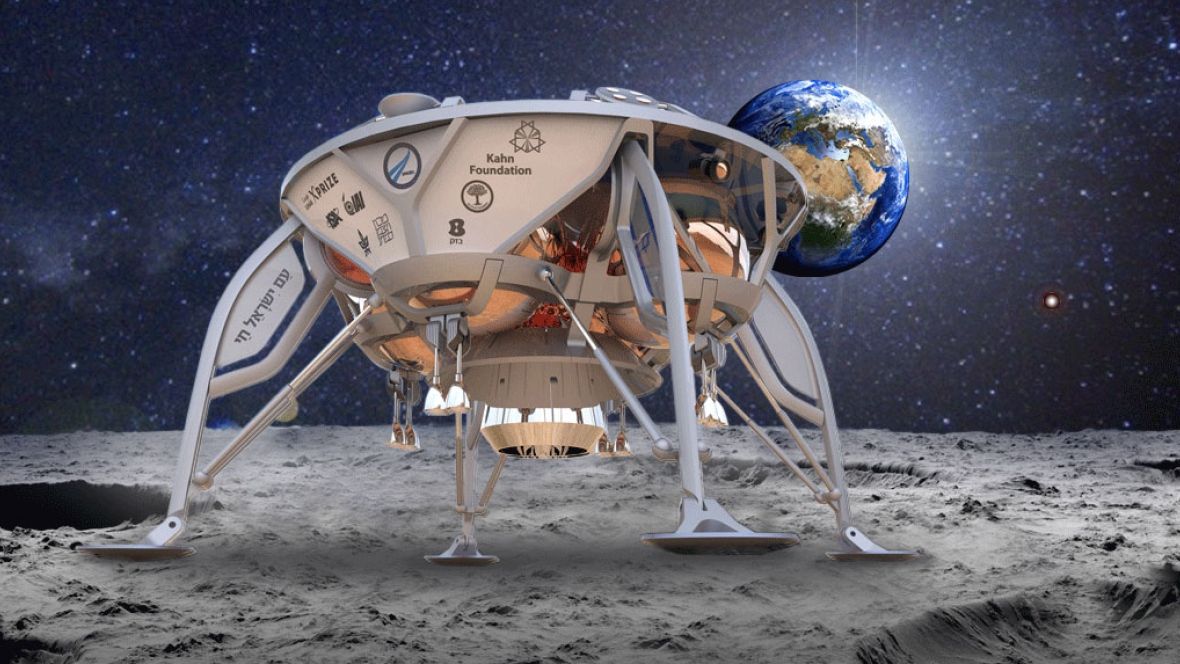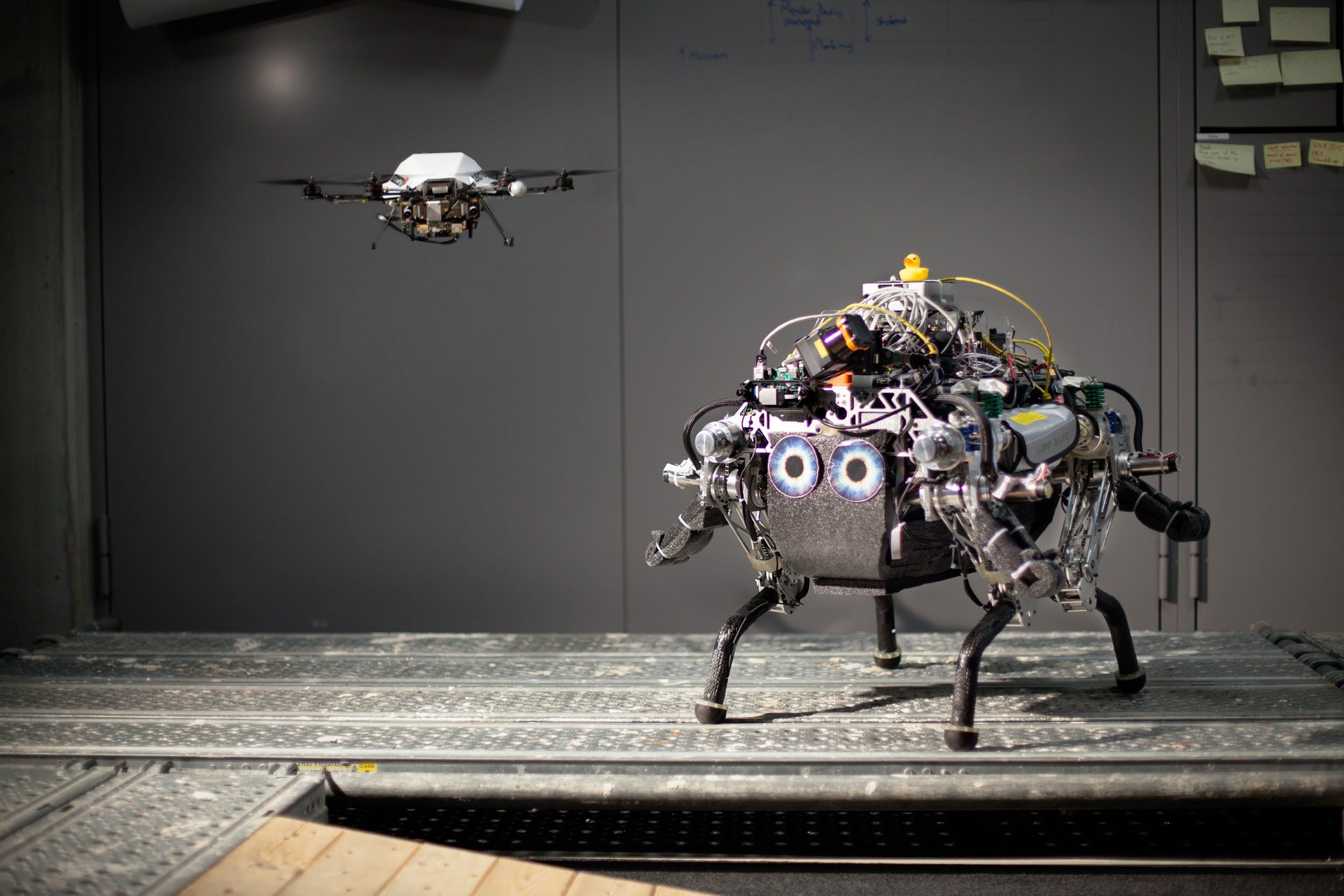![]()
Artificial Intelligence (AI) machines can already do several remarkable things: they are far better than humans at performing complex calculations, and they’re pretty good at playing chess. Researchers have once again tested the limits of AI by putting one of the world’s most intelligent AI machines through its paces with an IQ test, and the results are in: it has the same IQ as an average four-year-old child, as reported by MIT Technology Review.
Measuring intelligence through an IQ test is thought to be the best way to determine the intellectual capacity of people from a huge range of human cultures. A team of researchers, led by Stellan Ohlsson at the University of Illinois, decided to apply this concept to an intelligence outside of any normal human culture: an AI machine developed by the Massachusetts Institute of Technology (MIT).
The intelligent machine, dubbed ConceptNet 4, was given a verbal reasoning examination calibrated for four-year-old children. Known as the Wechsler Preschool and Primary Scale of Intelligence, it calculates a child’s IQ by asking a selection of questions from five categories.
Read more















